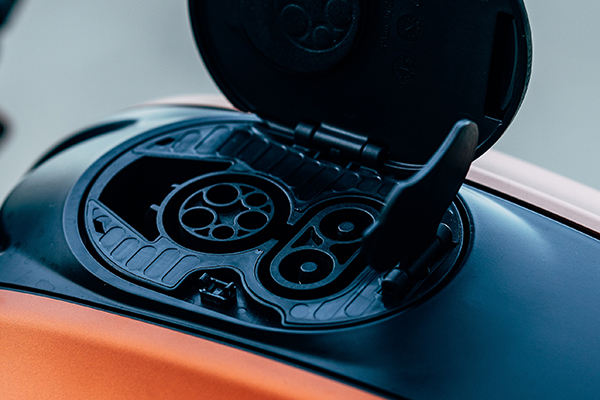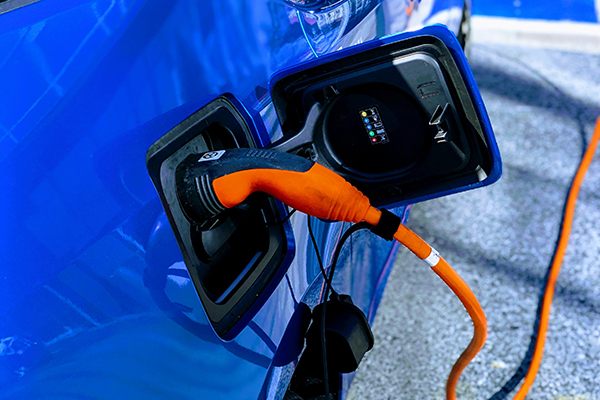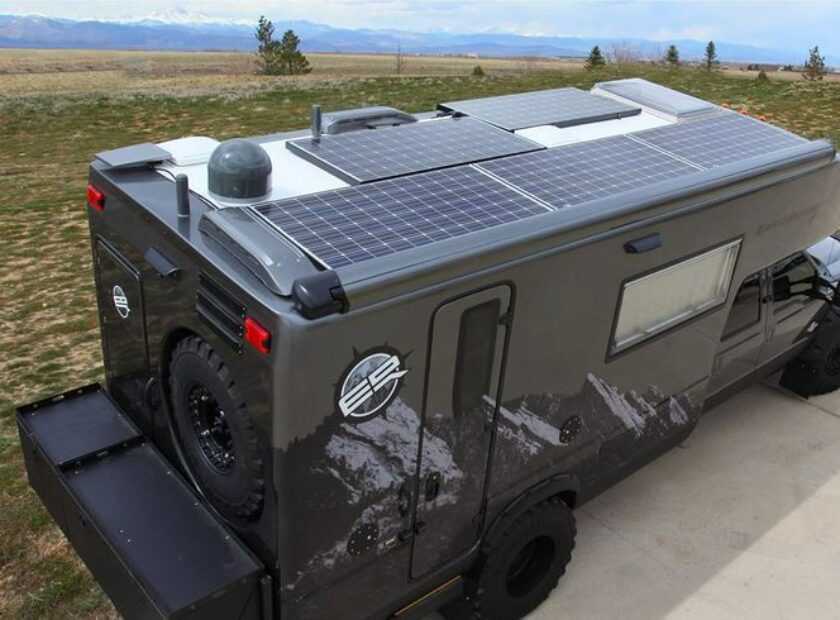Different EV Charging Connector Types
Whether you want to charge your electric vehicle at home, at work, or at a public station, one thing is essential: the outlet of the charging station has to match the outlet of your car. More precisely, the cable that connects the charging station with your vehicle has to have the right plug on both ends. Makes sense, right? Four types of plugs exist, two for alternating current (AC) which allow charging up to 43 kW, and two for direct current (DC) which allows fast-charging up to 350 kW.
Let’s start with AC. There are two types of AC plugs:
- Type 1 is a single-phase plug and is standard for EVs from America and Asia. It allows you to charge your car at a speed of up to 7.4 kW, depending on the charging power of your car and grid capability.
- Type 2 plugs are triple-phase plugs because they have three additional wires to let current run through. So naturally, they can charge your car faster. At home, the highest charging power rate is 22 kW, while public charging stations can have a charging power up to 43 kW, again depending on the charging power of your car and grid capability.

Two types of plugs exist for DC charging:
- CHAdeMO: This quick charging system was developed in Japan, and allows for very high charging capacities as well as bidirectional charging. Currently, Asian car manufacturers are leading the way in offering electric cars that are compatible with a CHAdeMO plug. It allows charging up to 100 kW.
- CCS: The CCS plug is an enhanced version of the Type 2 plug, with two additional power contacts for the purposes of quick charging. It supports AC and DC charging. It allows charging at a speed of up to 350 kW.


In Europe, the type 2 AC charger, a triple-phase plug, is the standard and most charging stations have a type 2 outlet. But watch out, some charging stations have a fixed cable. An attached cable can make a lot of sense at places where you always charge the same car, like at home or at a fixed employee parking spot. It’s convenient because you don’t have to carry around a cable in your vehicle. Be aware that if you charge your car at a public charging station with a fixed cord, you’ll have to check if the attached cable fits into your car’s socket. in Europe and have a European car like the Renault ZOE, you can charge it at a public station using a charging cable with type 2 plugs at both ends (type 2 to type 2). The maximum speed might be up to 43 kW.
Now, what do you do if you live in Europe and drive an Asian car like the Nissan LEAF? Well, you need a cable that connects the type 2 plug of the charging station with the type 1 outlet of your vehicle (type 2 to type 1). The maximum speed will be up to 7.4 kW.


You are a very clever individual!
Thank you very much!!